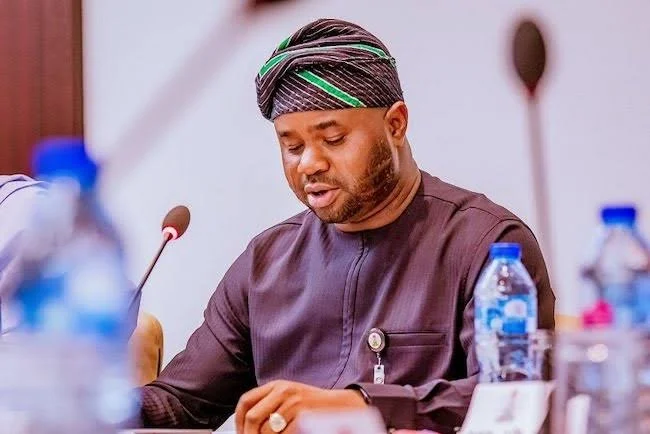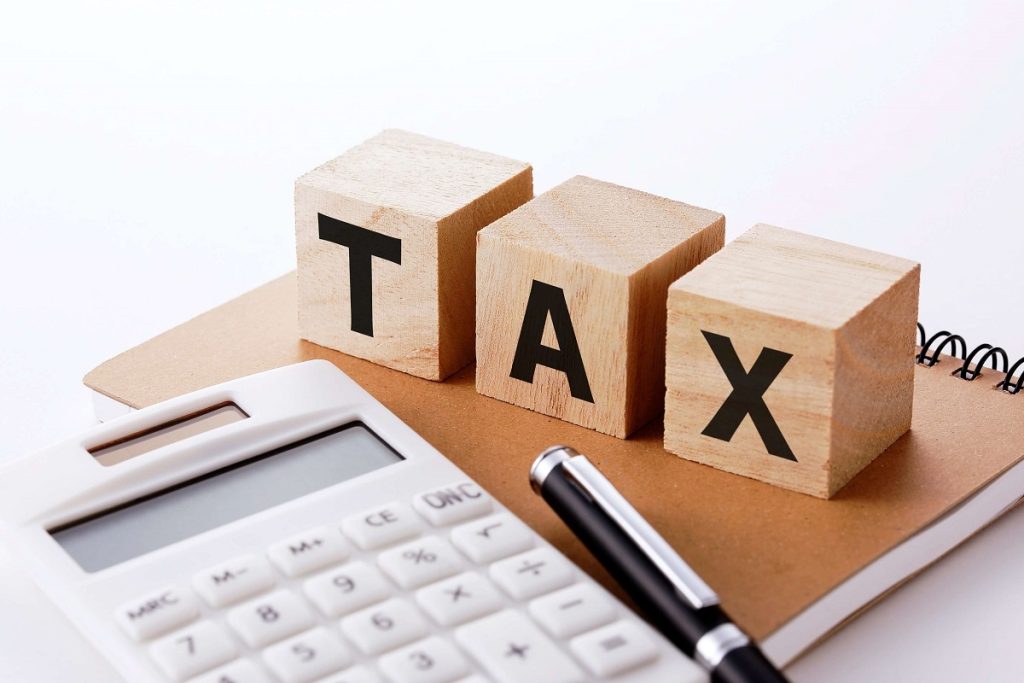Nigeria just flipped the switch on a digital tax revolution that could permanently change how businesses pay taxes. The Federal Government launched its Electronic Fiscal System (EFS) on August 1, 2025, targeting tax evaders with real-time monitoring technology that tracks every business transaction.
Over 1,000 major companies have already joined the new system within just two weeks of launch. MTN Nigeria became the first company to send live electronic invoices through the platform, with Huawei Nigeria and IHS Towers completing their test runs and preparing to go live.
How Nigeria’s New Tax Platform Actually Works
The Electronic Fiscal System centers around something called the Merchant-Buyer Model (MBM). Think of it as a digital middleman that sits between every business transaction and the tax office.
When Company A sells something to Company B, the system automatically creates an electronic invoice that gets sent to FIRS in real-time. The platform captures supplier details, buyer information, item descriptions, quantities, prices, tax amounts, and totals. No more paper invoices. No more manual reporting delays.
Dr. Zacch Adedeji, FIRS Executive Chairman, explained that the system provides “real-time visibility into commercial transactions while ensuring the authenticity, accuracy, and completeness of invoices.”

The technology handles Business-to-Business (B2B), Business-to-Consumer (B2C), and Business-to-Government (B2G) transactions. Companies must integrate their existing accounting software with FIRS systems through APIs and software development kits provided by the tax agency.
Large Companies Face November Deadline for Digital Tax Compliance
The first wave targets companies with annual revenue of N5 billion and above. FIRS identified over 5,000 businesses in this category nationwide. About 20% have already started integration, but the remaining 4,000 companies must complete their setup by November 1, 2025.
FIRS originally set the deadline for August 1 but extended it by three months after many companies faced technical challenges. The extension gives businesses more time to integrate their Enterprise Resource Planning (ERP) systems with the government platform.
Companies that miss the November deadline could face penalties under Nigeria’s tax laws. FIRS hasn’t specified exact consequences, but the agency typically imposes fines for non-compliance with filing requirements.
Electronic Invoicing System Promises Real-Time Tax Monitoring
The new platform gives FIRS unprecedented insight into Nigeria’s business transactions. Previously, the tax agency relied on companies to self-report their income and expenses. Many businesses underreported revenue or inflated expenses to reduce their tax burden.
Now FIRS can see transactions as they happen. The system validates invoice authenticity, checks data accuracy, and maintains complete transaction records. Companies cannot send invoices to customers without simultaneously reporting them to the tax office.
The platform requires digital signatures for all documents, ensuring authentication and preventing tampering. Companies must submit invoices within 21 days of creation, and files larger than 5MB must be compressed before transmission.
FIRS designed the system to handle massive transaction volumes through asynchronous processing. This approach improves response times and reduces errors during peak business periods.
Medium-Sized Businesses Face Future Digital Tax Requirements
After completing the rollout for large taxpayers, FIRS plans to extend the electronic invoicing system to medium-sized and emerging businesses. The tax agency hasn’t announced specific timelines or revenue thresholds for the next phase.
Medium-sized companies should start preparing their systems now. FIRS provides software development kits (SDKs) and APIs that businesses can use to integrate their accounting software with the government platform. Early preparation could help companies avoid technical challenges that delayed many large taxpayers.
The system supports popular accounting formats including XML and JSON, making integration easier for businesses using modern ERP systems. Companies can also work with certified system integrators if they lack internal technical expertise.
Tax Evasion Crackdown Could Boost Government Revenue
Nigeria’s tax-to-GDP ratio remains among the world’s lowest at just over 10%, according to government figures. The country loses billions in revenue annually through tax evasion and underreporting of business income.
The Electronic Fiscal System could significantly improve tax collection by eliminating opportunities for underreporting. Real-time transaction monitoring makes it nearly impossible for businesses to hide income or inflate expenses without detection.
A senior offical of FIRS said, “the e-invoicing platform gives us real-time visibility into the business-to-business segment, which has historically been under-reported. It significantly enhances our ability to track transactions and enforce compliance.”
FIRS hasn’t disclosed projected revenue gains from the digital system, but industry experts expect significant improvements in tax efficiency and administration over the medium term.
The government hopes improved tax collection will reduce dependence on oil revenues and provide stable funding for infrastructure development and public services.















